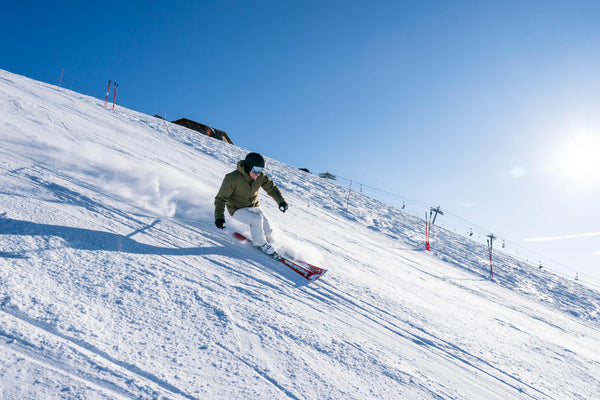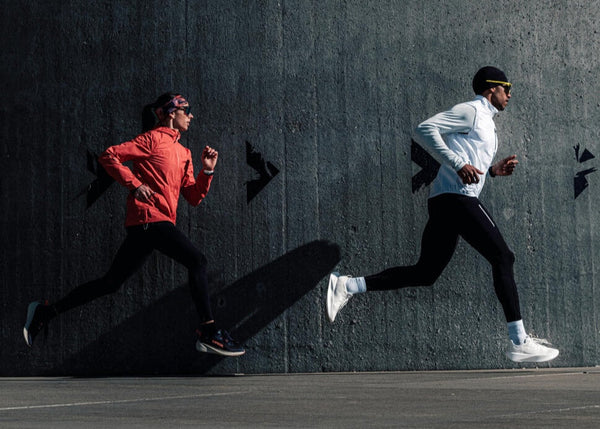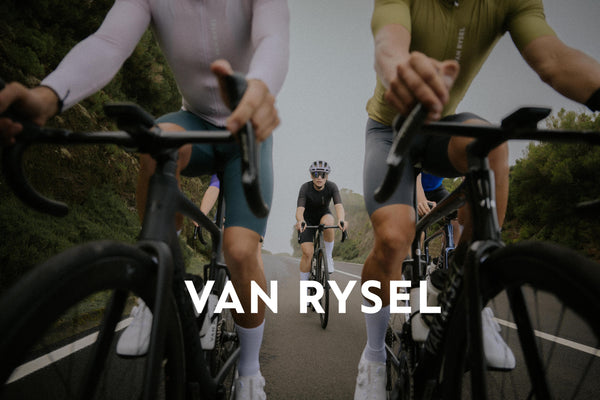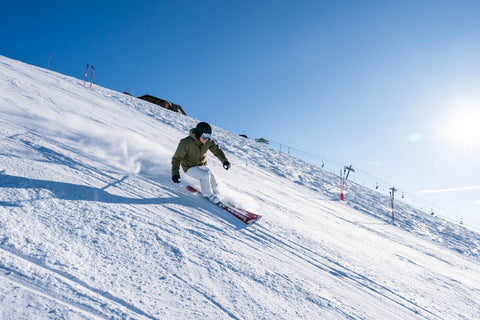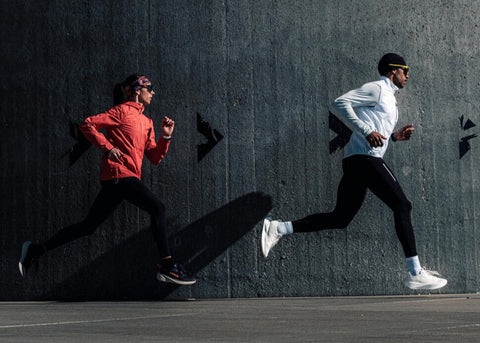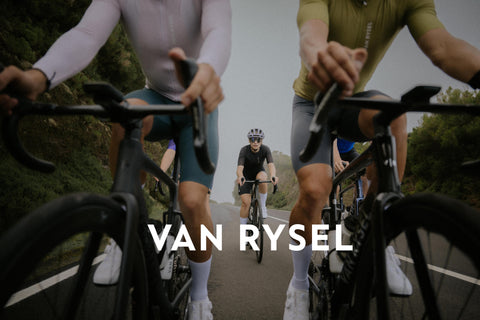
Top 4 Tips and Tricks to Improve Your SUP Surfing Skills
Share
That's it—you’ve mastered balancing on the board and the movement of the paddle, and now it’s time to try stand-up paddle surfing! But from riding small waves to doing bottom turns, top turns or downwind SUP, you’ll need to go through the 'training' and 'technical' steps. Let us offer you some paddle-surfing advice!
#1 your first successful SUP surfing maneuvers
The sport of SUP is much more accessible than surfing, and riding small waves is often enough to feel the "gliding thrill." But to take on SUP surfing, it is better to go step by step.
– Do you know how to catch your first backside wave (your back to the wave)? Gliding down to the shore and letting yourself be carried by the wave should not be too hard.
– Your next challenge: adjust your trajectory—which is often too straight towards the shore—in order to make the most of the natural movement of the wave. In fact, a wave is not fixed and tends to break to the left of its length, viewed from the shore.
Before your takeoff—the crucial moment where you are pushed by the wave, paddle on one side to direct yourself towards where the wave hasn’t broken yet. Accompany its movement, then when you're “in” the wave, place your feet in a surfing position: right foot in front if you're goofy, left foot if you are regular. Then steer your board by turning your head and shoulders to the direction you want to go and the board will follow.
#2 Make a bottom turn while on your SUP board
A basic surfing maneuver, the “bottom turn” (or low turn) consists in climbing back up the wave once you're at the bottom of it.
To successfully turn on your paddle board, move your back foot backwards and bend your knees. Then, lean sharply on the side you want to turn towards, while laying your paddle on the wave to help you with your balance.
Itiwit tip: a SUP board is larger than a surfboard. Thus, you have to give your movements ampler range by moving your feet along the rail of the side to which you want to turn and turning your head and shoulders to the direction you want to go on the wave!
#3 Doing a top turn while on your SUP board
The top turn follows the bottom turn directly, and it’s done from the lip of the wave. The idea is not to turn as sharply as in the bottom turn, but rather to accompany your board so that it returns to the path of the wave run.
Your front foot steers the maneuver and leans on the rail of the side where you want to go. Dip your paddle into the wave to help you to turn.
#4 Work on long-distance gliding in downwind SUP!
Downwind SUP consists in surfing the swell and accompanying its movement over long distances. Like a sailboat running before the wind!
This is a nice practice as speed comes easily if you know how to take advantage of the swell. To do this, speed up by paddling at an angle to the swell as it begins to push you. Then, sit in the axis of the wave to describe large S movements between the moment you catch the wave and the moment where it surpasses you. Guaranteed thrills!
If you’re heading for the open sea, make sure you observe the relevant SUP regulations and to equip yourself accordingly. SUP gliding is rewarding in so many levels!





